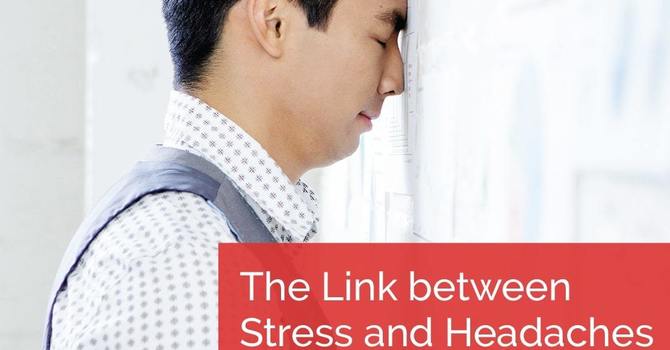
People come in with complaints that are often related to hormonal balance. And yet perplexingly, they are told that their blood tests are normal. So what does that mean?
Firstly, what are hormones? Hormones are very small proteins made from specific glands, mostly in the brain that coordinate many different tissues throughout the body in response to the environment.
Balanced hormones are not just a consequence of having a measurable amount of hormones in the blood. It is much more complicated than that. For us to address how to approach these symptoms, we must first understand that no one hormone works in isolation; that estrogen has an impact on thyroid, thyroid has an impact on insulin, and insulin has an impact on estrogen. They are all interconnected like a web. So when one hormone is in excess or deficiency, it can have a wide impact on many other hormones (and bodily systems).
In the blood, the hormone doesn’t float freely; there are proteins called sex hormones or thyroid binding globulins, which act like buses to transport the hormones in the blood. A large proportion of the hormones are bound to these globulins. Blood tests measure the whole amount of hormone in the blood but do not differentiate between the bound and unbound. If there is an elevated level of the hormone binding globulin, you will have a deficiency of the free hormone, which would act on the tissues, (thereby causing hormone imbalance). You may have enough free hormone in your blood, but now it has to make its way to the tissues from the blood, out of the blood vessel, and through the fluid that surrounds the cell and to the hormone receptive cells. So this begs the next question: What differentiates a cell that can respond to a hormone and one that cannot?
A sensible cell produces receptors or antennae to which the hormone can attach. This creates a signal within the cell, that creates a message in the cell, which makes the cell produce chemicals internally that are essential for our health. Different cells sensitive to the same hormone create different chemicals, that all work together to create health. So it is much more complicated than measuring the amount of hormone in the blood and deciding whether it is normal, elevated or depressed. Even between humans, due to genetic variation, there can be a 10-fold difference in hormonal blood levels that would lead to optimal health. That is why we use a 2-standard deviation from normal (when identifying ‘normal blood levels’). This is used to identify pathological or diseased imbalances, but not functional imbalances, which are much harder to determine using blood tests.
But even this can lead to further confusion in the diagnosis of a hormonal imbalance.
So here we are. You suspect you have a hormonal problem but your blood tests are normal - so how do we think about this? You could have too much hormone binding globulins in your blood and therefore your glands are not producing enough hormone to provide enough free hormone in the blood. You may have lymphatic drainage issues or blood flow issues affecting the transport of the free hormone to the target tissue. Finally, the cells that should be receptive to the hormone might not be providing enough receptors or antennae to sense the hormone so the cell can respond to the hormone signal.
So what do we do? There are constellations of symptoms that are related to all your hormones. What you should do is get a hormone symptom checklist to determine which ones, and to what severity you are suffering from. This will give you a better idea of what hormone(s) are out of balance, either in excess or deficiency. Because these are not pathological imbalances, they can be treated using the 5 factors of lifestyle medicine, of which supplementation is a significant contributor to rebuild a more appropriate hormonal response to the external environment. So if you are concerned about hormone related symptoms, and are being told everything is ‘normal’, and you might want to discuss a different approach. Call us today and book in for a Lifestyle Medicine check up at IHC. 613 732-3333 ext 1.







